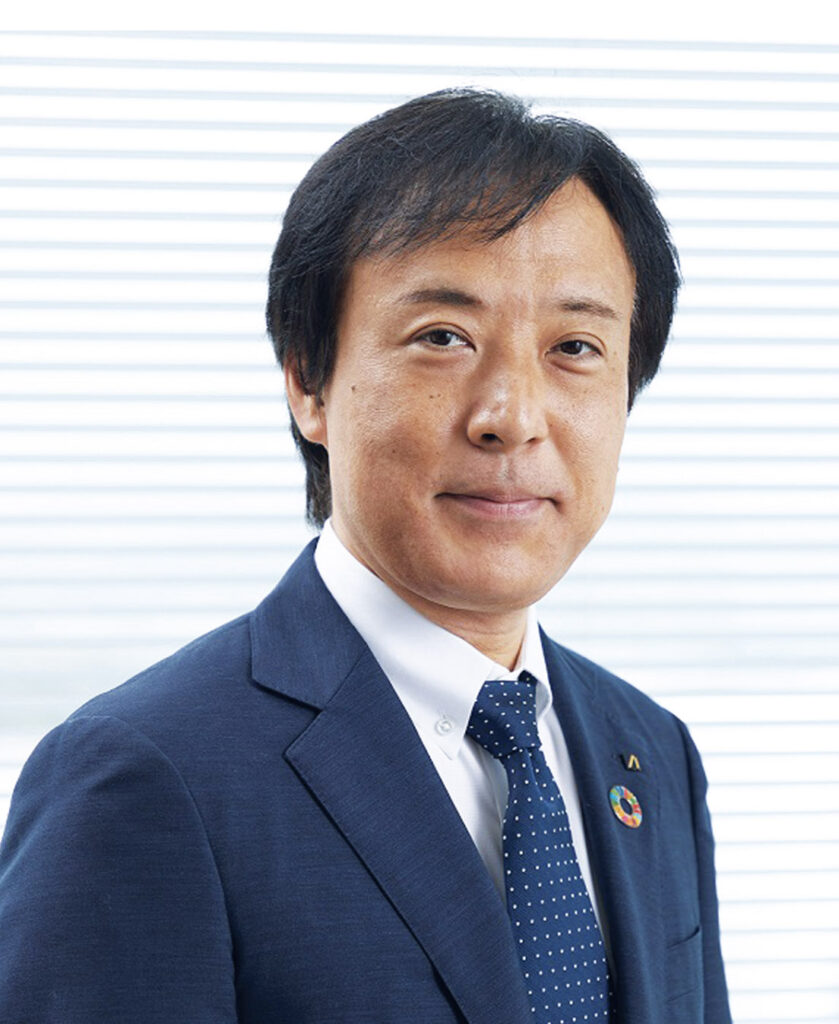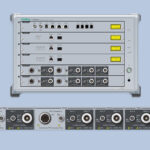ASIA ELECTRONICS INDUSTRYYOUR WINDOW TO SMART MANUFACTURING
Anritsu Targets Potentials Expanding Beyond 5G
Anritsu Corporation has set a consolidated sales target of ¥200 billion (US$1.73 billion) in 2030. It regards the peak demand for measuring instruments for fifth generation (5G) standard in 2023 and expects to make steady profits. Furthermore, it is aiming for sustainable growth with beyond 5G.
Last year, the company announced a new Mid-Term Business Plan. Particularly, in describing the progress of the first year, Hirokazu Hamada, President and Representative Director of Anritsu said the 5G business is “generally going well”. Nonetheless, he noted the delays in 5G development in the United States, contrary to strong takeoff in Asia.

Going beyond its clout in Test & Measurement, Anritsu aims to contribute to achieving sustainable development goals (SDGs). Particularly, global efforts to reduce carbon footprint are growing.
Correspondingly, the company’s new department will play a central role in expanding the application of measuring instruments in the fields of storage batteries and electric vehicles (EVs).
Push for Local 5G
Local 5G remains as a focused area. In July 2021, the company opened the Anritsu 5G Lab at its headquarters. Most importantly, the Anritsu facility provides customers first-hand experience of the company’s measurement solutions to promote local 5G.
Various measuring instruments for local 5G, such as spectrum analyzers for the evaluation of radio wave interferences and safety, have been prepared in the “local 5G environment where measuring instruments can also be used.”
Anritsu, along with Kozo Keikaku Engineering Inc., has established AK Radio Design. Its strengths lie in the propagation of radio wave technology simulation. At the same time, the company provides one-stop analysis services of measurement services using measurement instruments and simulations.
Knowledge on radio waves is indispensable for the introduction of local 5G. The three companies, including NEC Networks & System Integration Corporation, will collaborate on radio wave verification services to strengthen capabilities of supporting customers when building local 5G.
The application of 5G has extended to the automobile field. For that reason, sales of test solutions for automotive 5G in 2021 grew by double digits. In fact, Toyota Motor Corporation and the national institutions of China have adopted the over-the-air (OTA) test (test in a wireless environment) system for 5G.
Hamada expects that automotive testing will “complement the mature smartphone 5G market.”
Focus on Other Fields, Too
In 2022, the company will strengthen the new fields, such as optical and medical. The Product Quality Assurance (PQA) business for inspection machines and inspection systems will focus not only on conventional food products, but also on safety evaluations in the medical and pharmaceutical fields.
For optical equipment, the measurement market will expand as the capacity of data centers increases. The company has been supplying various optical devices in the market. It will expand the range of their applications toward the medical use, LiDAR for autonomous driving, and many others.




